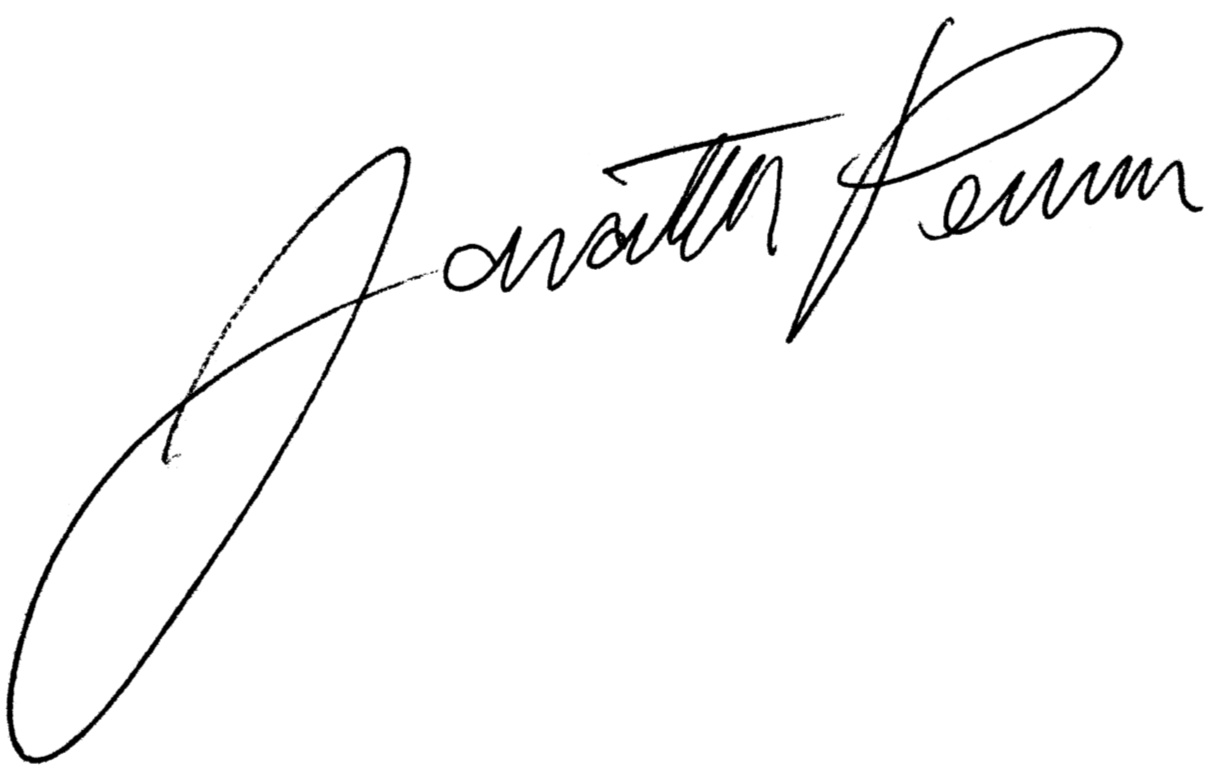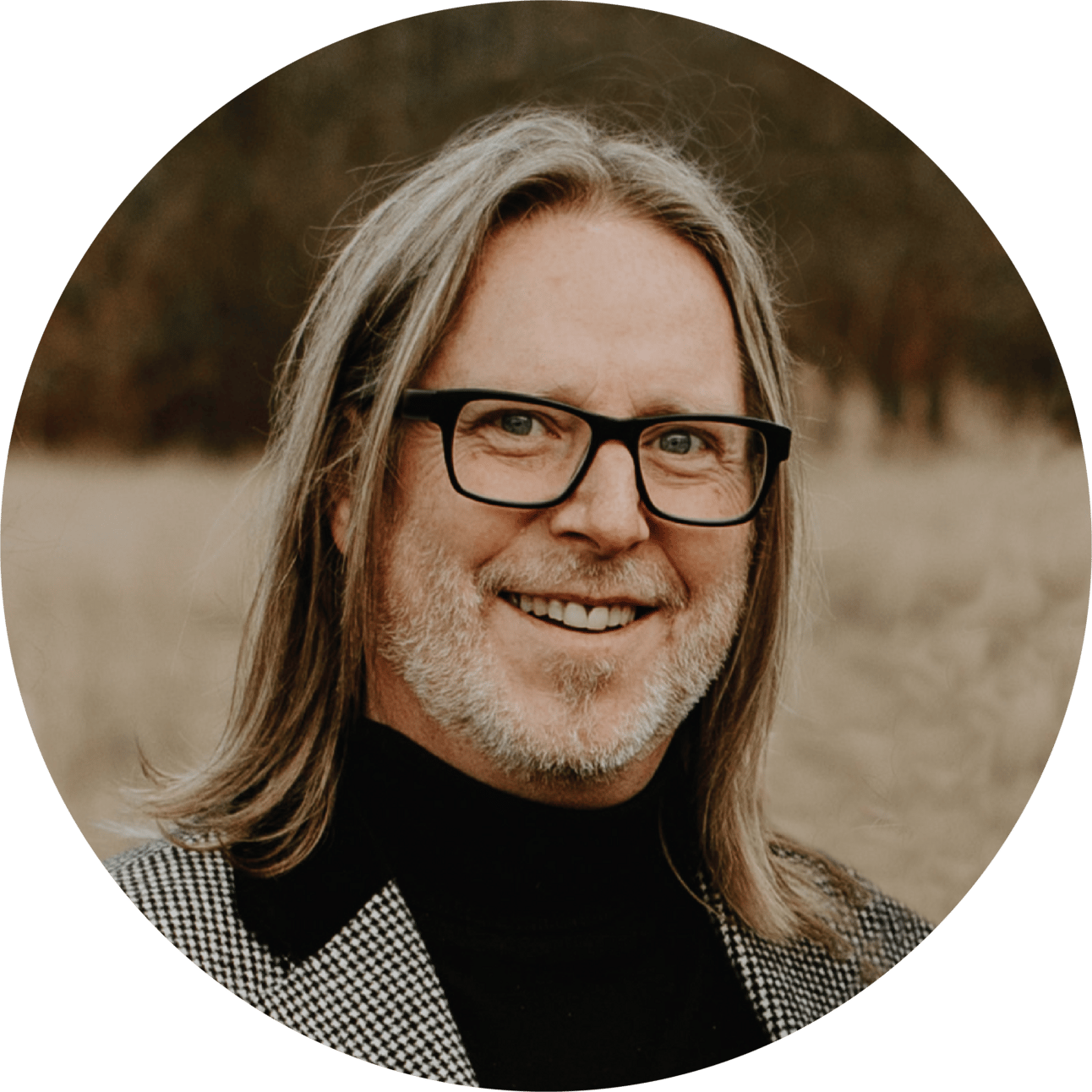It started with a simple morning workout.
Not a spiritual retreat. Not a profound book. Just me, on my back deck, somewhere around the 89th burpee—sweating, heaving, and negotiating with myself about whether 100 was really necessary.
Then Lenny Kravitz came on.
“We got to let love rule…”
I’ve heard the song many times. But something about that moment—heart racing, body resisting, mind completely unguarded—made it land differently.
Let love rule.
Not feel love. Not talk about love. But let it rule. As in, give it authority. Let it make the calls. In how I speak to myself. In how I treat others. In how I live.
It’s a simple phrase that’s profoundly inconvenient.
Because letting love rule isn’t romantic. It’s disruptive. It asks us to reorder things. To surrender our egos. To risk being kind even when it may not get us what we want. To care when it takes less energy to be ambivalent.
The Weight of the World
A few days later, I was in the kitchen while my wife Teresa worked on a university assignment for her course on global humanitarian emergencies.
She looked up from her laptop, her eyes tired and a little heavy. “It’s so much worse than I realized,” she said. She had spent hours researching the crisis in Sudan—the civil war, the famine, the displacement of over 12 million people, many of them children.
Then she shared something her professor had said:
“There’s more than enough food and financial resources in the world. No one should go hungry.”
And suddenly, the ache she was feeling wasn’t just academic. It was spiritual. If we have the resources—why don’t we use them?
It’s a fair question. And a brutal one.
Because the data is clear:
We grow enough food to feed every person on earth. We generate enough wealth to ensure housing, education, and healthcare for all. We possess the innovation to provide clean energy for entire continents.
Scarcity isn’t the issue.
The issue is will.
The issue is love—or more precisely, the absence of it in how we organize the world.
Scarcity isn’t the issue.
The issue is greed.
The issue is fear—fear of not having enough, of not being enough—which drives people to hoard, to dominate, to make power plays that protect self-interest at the expense of the common good.
The real crisis isn’t about resources.
It’s about love—or rather, the absence of it in how we structure our lives, our systems, and our priorities.
From Systemic to Personal
When you start with Sudan, it feels like a global problem—massive, political, beyond any one person’s influence. So it’s easy to throw up our hands and say, “I can’t solve the world’s problems!”
But it’s not just systemic. It’s personal.
Because every system is made of people.
And every person is shaped by the posture of their inner life—how they relate to themselves, to others, and to the world around them.
This is where it begins. Not in government chambers or global summits, but in the daily decisions we make inside our own hearts.
For me, that includes paying attention to the voice in my head.
The one that shows up uninvited. The one that critiques, questions, and quietly convinces me that I’m not enough. It doesn’t shout. It just undermines. And if I’m not careful, I live from that voice. And worse—I let it shape how I see others.
Because the way we treat ourselves sets the tone for how we treat everyone and everything else.
If I live with internal contempt, I become impatient and transactional.
If I live with internal kindness, I become more generous, more curious, more grounded.
Letting love rule, then, is not just about self-compassion. It’s about expanding the reach of that compassion. Letting it shape how we listen, how we lead, how we care for neighbors, for strangers, for the planet beneath our feet.
When love rules the inner life, it can’t help but ripple outward—into relationships, into communities, into systems, into how we steward the earth itself.
This is where real change begins.
Not by wishing the world were different.
But by choosing to let love rule in how we think, how we speak, and how we live.
What Would It Look Like?
Letting love rule globally means rethinking what success looks like—not just GDP growth, but also human wellbeing.
Letting love rule socially means designing and operating institutions around belonging, not bureaucracy.
Letting love rule spiritually means recognizing that every person, regardless of culture, faith, or language, carries the same unshakable value and dignity.
But none of that is possible if we can’t let love rule in the small, private spaces within:
• In how we speak to ourselves after we mess up.
• In how we respond to someone we disagree with.
• In how we treat the people we say we love when we’re tired and overwhelmed.
The world we imagine starts in the lives we lead.
Three Daily Experiments In Letting Love Rule
Interrupt the Inner Critic.
When the voice of shame or judgment starts, pause. Ask: Would I say this to someone I love? Then say something better.
Choose Love Over Being Right.
In your next disagreement, try this: instead of aiming to win, aim to understand. Just once. See what shifts.
Do One Thing That Prioritizes Someone Else’s Wellbeing.
Text someone encouragement. Give more than you planned. Slow down when you want to rush. Let love lead—even if only for a moment.
The call isn’t to imagine a better world. It’s to create one. And that begins with something embarrassingly ordinary: your next thought. Your next word. Your next act of love.
Let love rule.
Not just as an idea.
As a practice.
Until next week,
Jonathan Penner | Co-Founder & Executive Director of LifeApp
✉️ If this sparked something in you, share this newsletter with someone who’s trying to build a love-ruled world too.


Resources To Dig Deeper

Book
The Art of Loving
This is a philosophical and psychological exploration of love—not as a fleeting emotion, but as a disciplined, intentional practice. Fromm argues that love is not something we "fall into," but something we learn and cultivate through self-awareness, effort, and maturity. Drawing from psychoanalysis, humanism, and spiritual traditions, he distinguishes between different forms of love—romantic, parental, self-love, and love of God—and insists that true love requires vulnerability, responsibility, respect, and knowledge.
-Erich Fromm

Song
Let Love Rule
This song is a passionate call to action, urging humanity to let love—not fear, hate, or division—be the guiding force in how we live and relate to one another. With poetic simplicity, Kravitz describes love as gentle yet powerful, capable of overcoming war and transcending time. The lyrics invite unity (“brothers and sisters join hands”) and emphasize that love is not a solo pursuit—we must be strong and do it together. At its core, Let Love Rule is a soul anthem for collective healing, grounded in the belief that love isn’t just a feeling—it’s the most transformative power we have, if we choose to let it lead.
-Lenny Kravitz (6:25)
Let Love Rule - Lyrics
[Verse 1]
Love is gentle as a rose
And love can conquer any war
It's time to take a stand
Brothers and sisters join hands
[Chorus]
We got to let love rule
(Let love rule)
We got to let love rule
(Let love rule)
[Verse 2]
Love transcends all space and time
And love can make a little child smile
A-can't you see?
This won't go wrong
Oh, but we got to be strong
We can't do it alone
[Chorus]
We got to let love rule
(Let love rule)
We got to let love rule
(Let love rule)
[Bridge]
(Let love rule)
You got to, got to, got to
(Let love rule) Let love rule
Doo-doo-doo-doo-doo, yeah
You got to, got to, got to, yeah
(Let love rule) Let, let, let, let love rule
Let love rule
Ha, woo
(Let love rule) Let love rule
Yeah, yeah, yeah, yeah, yeah
You got to, got to, got to
[Outro]
Yes, yeah, yeah
Dee-bee-lee-bee-bip-mmm-bip-mmm, baby, yeah, yeah
You got to, yeah
Whee
You got to
Got to, got to, got to, yeah
Yeah, yeah, yeah, yeah, yeah, yeah
Let love rule

